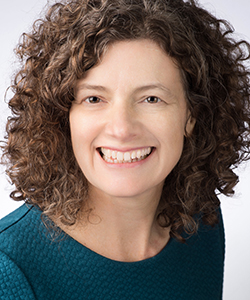What Do You Believe You Believe?
By Tracy Crow
Categories: Continuous improvement, EquityOctober 2016
Vol. 37 No. 5
Read the remaining content with membership access. Join or log in below to continue.
Sed ut perspiciatis unde omnis iste natus error sit voluptatem accusantium doloremque laudantium, totam rem aperiam, eaque ipsa quae ab illo inventore veritatis et quasi architecto beatae vitae dicta sunt explicabo. Nemo enim ipsam voluptatem quia voluptas sit aspernatur aut odit aut fugit, sed quia consequuntur magni dolores eos qui ratione voluptatem sequi nesciunt. Neque porro quisquam est, qui dolorem ipsum quia dolor sit amet, consectetur, adipisci velit, sed quia non numquam eius modi tempora incidunt ut labore et dolore magnam aliquam quaerat voluptatem.
References
Gilliam, W.S., Maupin, A.N., Reyes, C.R., Accavitti, M., & Shic, F. (2016, September 28). Do early educators’ implicit biases regarding sex and race relate to behavior expectations and recommendations of preschool expulsions and suspensions? New Haven, CT: Yale Child Study Center.
U.S. Department of Education. (2016, June 7). 2013-2014 civil rights data collection: A first look. Washington, DC: Author.

Tracy Crow served as chief strategy officer for Learning Forward.
Categories: Continuous improvement, Equity
Recent Issues
LEARNING TO PIVOT
August 2024
Sometimes new information and situations call for major change. This issue...
GLOBAL PERSPECTIVES
June 2024
What does professional learning look like around the world? This issue...
WHERE TECHNOLOGY CAN TAKE US
April 2024
Technology is both a topic and a tool for professional learning. This...
EVALUATING PROFESSIONAL LEARNING
February 2024
How do you know your professional learning is working? This issue digs...







